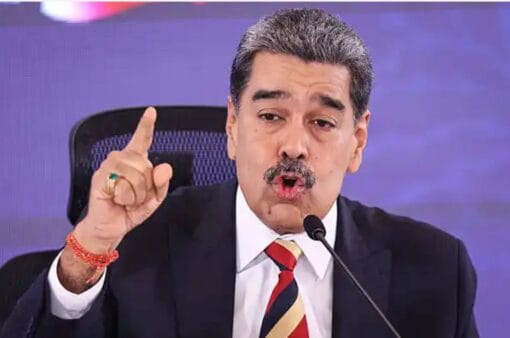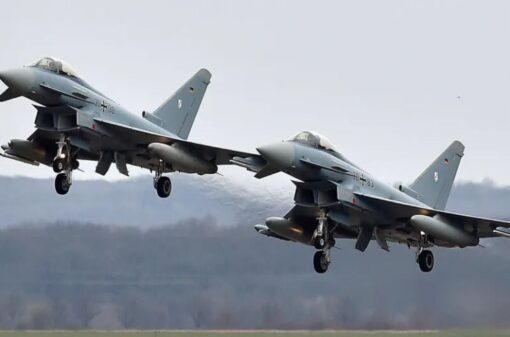The recent removal of Venezuelan President Nicolás Maduro’s official YouTube account has intensified the ongoing diplomatic standoff between Venezuela and the United States.
The account, which boasted over 200,000 subscribers, was a platform for Maduro’s speeches and weekly television broadcasts.
State-run media outlet Telesur reported that the channel was “eliminated” without prior notice or explanation, fueling suspicions of political censorship.
Background of the YouTube Account
Maduro’s YouTube channel served as a significant communication tool, offering direct access to his public addresses and government initiatives. The platform allowed for real-time dissemination of information, bypassing traditional media channels.
The sudden disappearance of the channel has raised questions about the motivations behind its removal, especially in the context of escalating tensions between the two nations.
YouTube’s Community Guidelines and Account Removal
According to YouTube’s policies, accounts may be removed for repeated violations of community guidelines, which include the dissemination of misinformation, hate speech, and content that interferes with democratic processes.
However, YouTube has not provided specific details regarding the reasons for the removal of Maduro’s account. The lack of transparency has led to speculation about the underlying causes.
Venezuelan Government’s Response
The Venezuelan government has condemned the removal as an act of political aggression. Officials argue that the action is part of a broader strategy to undermine Maduro’s legitimacy and suppress alternative viewpoints.
They assert that the decision to eliminate the channel was politically motivated and aimed at silencing the government’s narrative.
U.S. Military Activities and Diplomatic Strains
The timing of the account’s removal coincides with increased U.S. military presence in the Caribbean. The U.S. has deployed warships and fighter jets to the region, citing concerns over drug trafficking.
Venezuelan officials view these actions as provocative and an infringement on their sovereignty. The U.S. has also intensified its rhetoric against Maduro, accusing him of involvement in illicit activities and threatening further sanctions.
International Reactions
The international community has expressed concern over the escalating situation. Some nations have called for dialogue and de-escalation, while others have sided with either the U.S. or Venezuela, reflecting the polarized nature of the issue. The United Nations has urged both parties to engage in constructive discussions to resolve their differences peacefully.
Implications for Digital Platforms and Free Speech
The removal of a high-profile political figure’s account raises significant questions about the role of digital platforms in moderating content.

While platforms like YouTube have guidelines to maintain community standards, the enforcement of these rules can be perceived as biased or politically motivated. The incident underscores the delicate balance between regulating content and preserving free expression in the digital age.
Potential Consequences for Venezuela’s Digital Landscape
The elimination of Maduro’s YouTube account may have broader implications for Venezuela’s digital ecosystem. It could lead to increased censorship and control over online content, limiting the flow of information and stifling dissenting voices.
The government may seek alternative platforms to disseminate its messages, but the effectiveness of such measures remains uncertain.
Public Perception and Media Coverage
The media’s portrayal of the account removal varies, with some outlets emphasizing the lack of transparency and potential political motives, while others focus on the adherence to platform policies.
Public opinion is divided, with some viewing the action as justified and others as an overreach. The incident has sparked debates about the intersection of technology, politics, and free speech.
The removal of President Maduro’s YouTube account is more than a technical issue; it is a focal point in the broader geopolitical struggle between Venezuela and the United States.
It highlights the complexities of digital governance, the influence of social media platforms on political discourse, and the challenges of maintaining free expression in an increasingly digital world.
As the situation develops, it will be crucial to monitor the responses of both governments, the international community, and digital platforms to ensure that the principles of transparency, accountability, and free speech are upheld.



